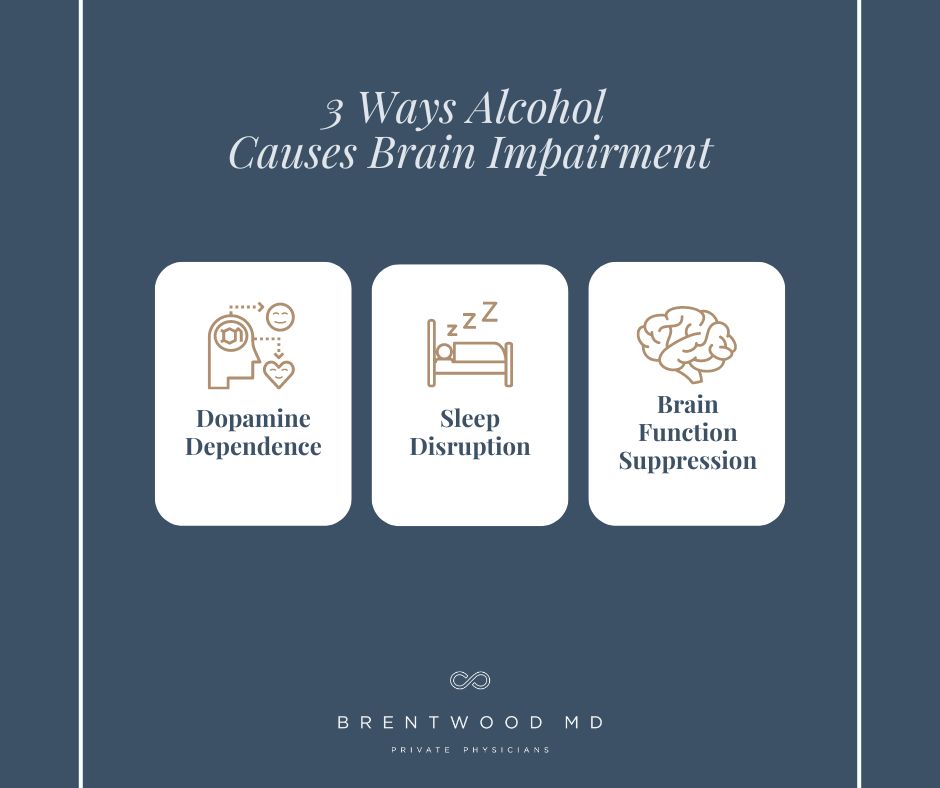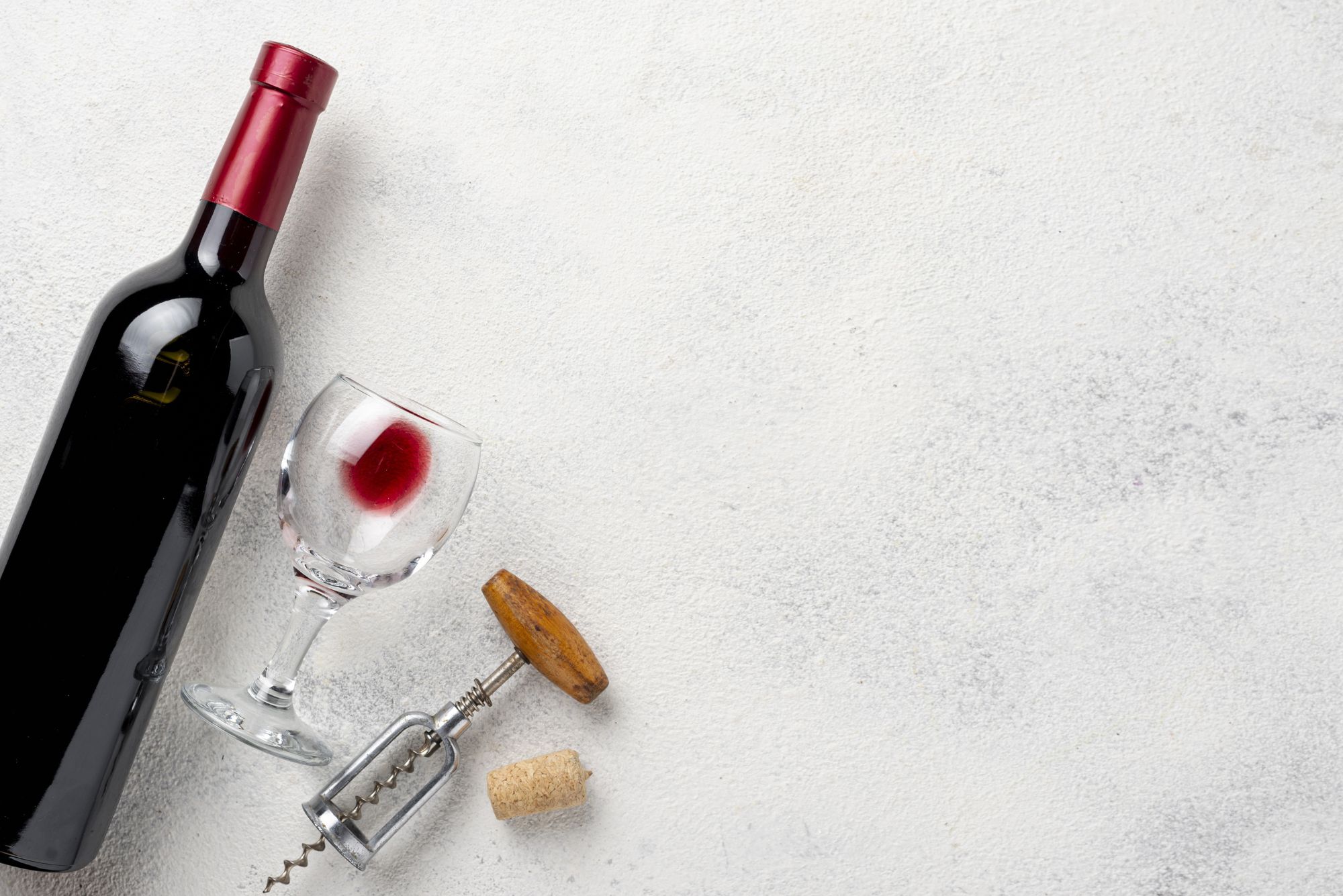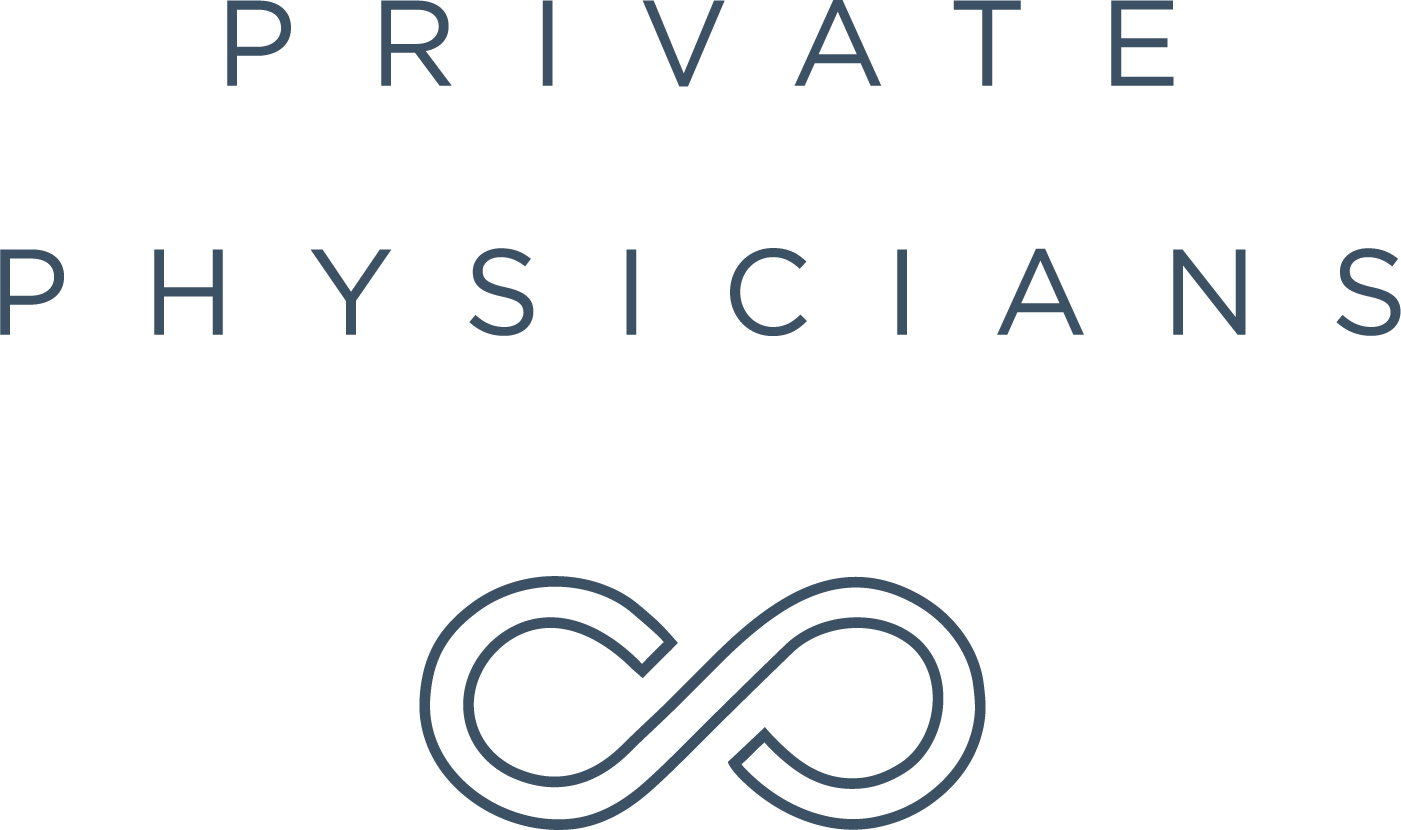Download file | Play in new window | |
In the conversation about alcohol, one element often gets left out: There are benefits to drinking alcohol.
Wait, what?
Before you come for my medical license, consider: Why would we drink if we didn’t get something from it?
A few years ago, I shot a video about the risks of drinking alcohol, which became wildly popular and convinced me that people want to know more about this subject. So in this month’s podcast, Jen Justus and I discuss the risks AND benefits of alcohol and how to evaluate them in relation to your health.
To be clear, I’m not here to tell you to stop drinking. Instead, I want to provide you with a framework to have an honest conversation with yourself about your health goals and how alcohol factors in.
Alcohol is relatively unique in that it’s a legal drug. No one bats an eye when someone turns to alcohol for relaxation or fun. For many, it’s a tradition or a crucial component of social activities.
But something being legal doesn’t mean it’s healthy. Because alcohol is so good at what it does, it’s easy to develop an unhealthy relationship with it. And in doing so, torpedo your health goals.
No matter how much you drink, you should know both the risks and the benefits of drinking alcohol.
Two Benefits of Drinking Alcohol
Most everyone consumes alcohol for a reason. Typically, that reason is to get into a better state of mind (or emotions). Alcohol is very successful at changing the mind and emotions quickly, though for a short time.
The fact is, drinking alcohol makes us feel better when we’re sad, bored, or angry. It makes social gatherings more fun, and it helps you get sleepy when you’re amped. In these ways, alcohol is very effective.
Why is alcohol so effective at changing our state? It stimulates two major parts of our brain:
- The GABA pathway
- The dopamine pathway
Alcohol’s calming effect comes from its influence over the GABA (gamma-aminobutyric acid) pathway. The GABA pathway reduces excitability in our central nervous system, putting us into a more relaxed state. By stimulating this pathway, alcohol creates a depressive effect and slows everything down.
Alcohol also stimulates our brain’s dopamine pathway. It’s the brain’s pleasure pathway, or what I like to call the “sex and chocolate” center. All the things that create joy and warm fuzzy feelings in us stimulate that pathway. So in short, drinking alcohol gives us pleasure.
Alcohol is uniquely effective at stimulating both the GABA and dopamine pathways in the brain. An honest conversation about alcohol can’t ignore these benefits.
3 Ways You’re Underestimating Alcohol’s Negative Impact on Your Health Journey

If you drink with any regularity, alcohol is affecting your health, and not in a good way. While it does make you feel better in the moment, that perceived benefit comes at a high cost. Alcohol is a toxin, and this is true even if your GABA and dopamine pathways seem to like it.
Despite what you may have heard about antioxidants in red wine, there are really no health benefits to drinking alcohol. Zero. But alcohol has some significant negative health effects we need to consider:
Weight and Empty Calories
If you’re trying to get to or maintain a healthy weight, cutting out alcohol is a great idea. Distilled spirits (such as vodka or whiskey) contain no nutritional value. All the calories (between 80-120 for a single shot!) come from the alcohol: they contain no protein, fat, or carbs. Add in sugary mixers, and you’ve got empty calories and a sugar bomb on your hands.
Beer and wine, on the other hand, are packed with calories and carbs, without providing much, if any, protein or fat. The average serving of beer or wine contains between 120-150 calories, 5-12 grams of carbohydrates, and a gram or less of protein. And how often do you have just one serving? You’d be better off eating the grapes.
Liver Impairment
It’s no secret that drinking isn’t good for your liver. There’s no way to twist it: alcohol is poison for the liver.
One of the primary jobs of the liver is making glucose, one of the body’s main sources of energy. This process is called gluconeogenesis. Drinking alcohol inhibits this process, depriving your body of the energy it needs to conduct bodily functions.
The liver is also in charge of regulating cholesterol and triglyceride levels, and one of the biggest risks of drinking alcohol is disrupting this process. Drinking blocks cholesterol reuptake, as well as cholesterol and triglyceride metabolism, sending your cholesterol and triglyceride levels through the roof. Your body does need some cholesterol, but having too much can lead to heart disease and stroke.
Brain Impairment
You already know that when you drink, your thinking and behavior change. But alcohol’s effect on the brain lasts much longer than the initial inebriation, producing some lasting harmful effects:
Dopamine Dependence
Earlier I mentioned alcohol’s effect on the dopamine pathway of the brain. This is a huge factor in alcohol abuse.
Every human behavior that elicits a dopamine response opens the potential for dependence.
On a basic level, our brains are wired to seek pleasure and avoid pain. This works in our favor at times, motivating us to seek the pleasurable endorphins associated with working out or closing a great deal at work. But it can also lead us to seek out less productive sources of pleasure, whether alcohol, sex, or screen time.
Cleaning, exercising, and listening to music also stimulate the dopamine pathway, but you don’t usually see people addicted to scrubbing their shower or listening to The Beatles. There’s a reason for that. Alcohol overstimulates the dopamine pathway, and that’s what keeps people coming back to the bottle.
You may think you don’t have an issue with alcohol because you’re not addicted to it — you don’t have to have it. But there’s a difference between alcohol addiction and alcohol abuse.
Substance abuse is any inappropriate or risky use of a substance, regardless of how socially acceptable it is. In the case of alcohol, abuse (or misuse) is very, very common. And because of how powerful alcohol’s dopamine hit is, abuse can quickly lead to addiction.
Sleep Disruption
Alcohol also has a negative impact on your sleep. Though its depressive effects may help you fall asleep, it significantly reduces the quality of that sleep. Even if you get a full eight hours, you’ll still wake up exhausted (and maybe hungover).
Brain Function Suppression
Whether or not you remember it the next morning, alcohol makes you behave differently. It suppresses the executive brain functions of the cerebral cortex, which controls decision-making. This is why you say things drunk you wouldn’t say sober, or take risks you normally wouldn’t.
It also explains one of the biggest risks of drinking alcohol: drunk driving. When you’re drunk, you vastly overestimate your ability to perform tasks.
Alcohol affects two other parts of the brain: the cerebellum and the hypothalamus.
The cerebellum, which controls balance, is thrown off kilter by alcohol. This is why police officers ask drivers to stand on one foot or walk in a straight line during a field sobriety test.
The hypothalamus is the brain’s performance center. So with this part of the brain inhibited, running wind sprints or performing well in the bedroom aren’t likely. That’s not an outcome most people are striving for.
Action Steps and Takeaways
It’s important to remember that not making a decision is a decision. Alcohol is impacting your health journey, whether you choose to look at it or not. So why not take a good look? That way, you’ll at least be making an active decision with your eyes open.
If you’re ready to honestly evaluate alcohol’s impact on your health, I recommend the following steps:
Be honest about your consumption.
Remember, all progress starts with telling the truth. Be honest with yourself.
Though it’s your business and your business alone, you owe it to yourself to be honest about how much alcohol you’re drinking. Lying to yourself won’t change your test results or improve your health outcomes.
Be honest about your health goals.
The journey to becoming your ideal self is ongoing. But be honest with yourself about where you’d like to be with your health. Do you need to lose weight? Sleep better? Whatever your goals are, acknowledge them clearly and honestly.
Audit for friction.
Are there any areas where alcohol is stopping you from achieving your health goals? Maybe alcohol is acting as a crutch for a deeper issue or preventing you from finding healthier ways to deal with stress. Maybe alcohol is contributing to weight or metabolic issues that are affecting your overall health.
Whatever resistance you’re encountering, acknowledging it is the first step to moving past it.
Make changes with achievable goals.
You can’t become your ideal self overnight. In fact, you may never be your ideal self. But you can set that ideal on the horizon and always work toward it, making changes based on achievable goals that constantly map you closer. (See my video on creating new habits.)
We’re not here to tell you how much to drink. It’s up to you to decide if the benefits of drinking alcohol outweigh the risks.
Our goal is to help you understand the risks and benefits of alcohol and its impact on your health. That way you can make an informed, considered decision about how much, how often, and whether you drink.

Dr. Aaron Wenzel is a concierge physician specializing in the care of fast-moving entrepreneurs, executives, and public figures in the Nashville, TN area. Dr. Wenzel’s diverse life experience and extensive training in family medicine, emergency care, nutrition, and hormone replacement therapies give him the unique platform to provide unmatched care for his patients.






